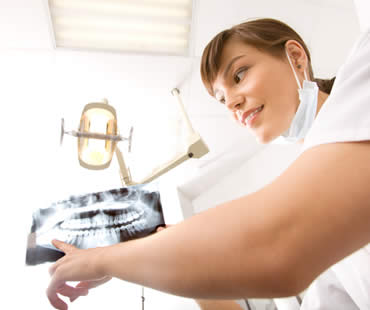If oral surgery is in your future, you might be worried about what’s to come. The way to relieve that worry is to talk to your oral surgeon. Your oral surgeon has the experience and knowledge necessary to guide you through whatever concerns or questions you may have. Here is a guide to some of those questions and answers:
How will I handle pain following surgery?
- In many cases, you will have been prescribed narcotic pain relievers. If you are taking narcotics, take them only as recommended and do not mix them with over-the-counter pain relievers or alcohol. Driving while on narcotics is dangerous and can have serious consequences for you personally and for others. If you weren’t prescribed any medication, use anti-inflammatory analgesics such as ibuprofen or naproxen sodium.
What will happen to my stitches in the days following surgery?
- Some stitches will be designed to dissolve over time and will not need to be removed. Others will not come out on their own and will need to be removed at a subsequent appointment. In many cases, losing a single stitch or two in the days following surgery isn’t serious; however, for bone-graft treatments, it is problematic and you should contact your surgeon immediately.
Can I eat normally after surgery?
- Immediately after surgery when you’re still experiencing any mouth or tongue numbness, don’t eat anything. You could mistake the soft tissues of your mouth for food and do serious damage to your mouth without realizing it. After your numbness subsides, consume soft foods of tepid temperatures for several days to allow for healing. Talk to your surgeon to learn when you can resume normal eating patterns as dictated by your particular surgery.
What other tips do you have?
- Stay hydrated and rest as much as possible to facilitate complete and quick healing. Call your surgeon if you have excessive bleeding or pain that doesn’t lessen with time. Be aware of signs of infection (swelling, redness, odorous or sour discharge) at the surgical site and seek professional care when needed.
If you live in the Fresno area contact us today
 Patient Forms
Patient Forms 


